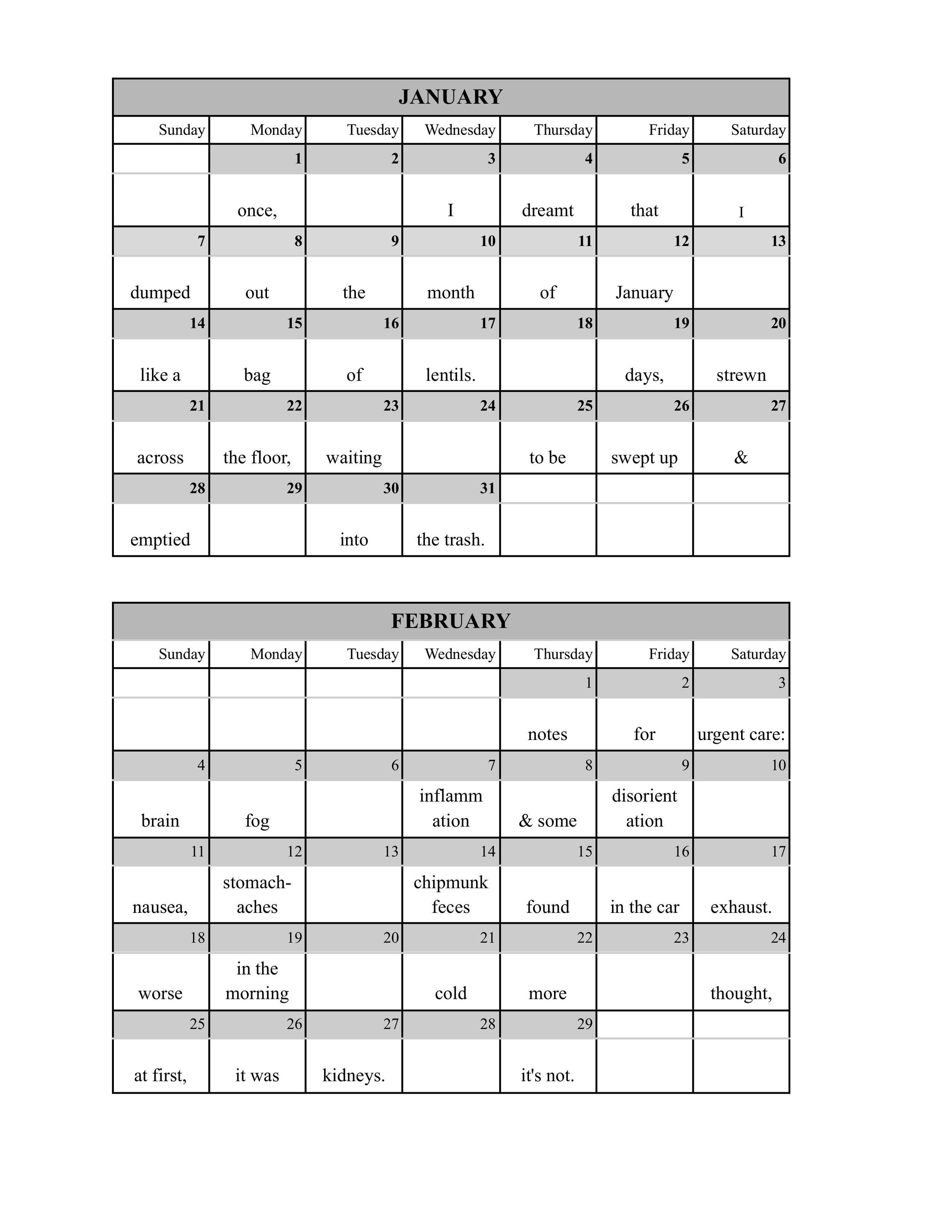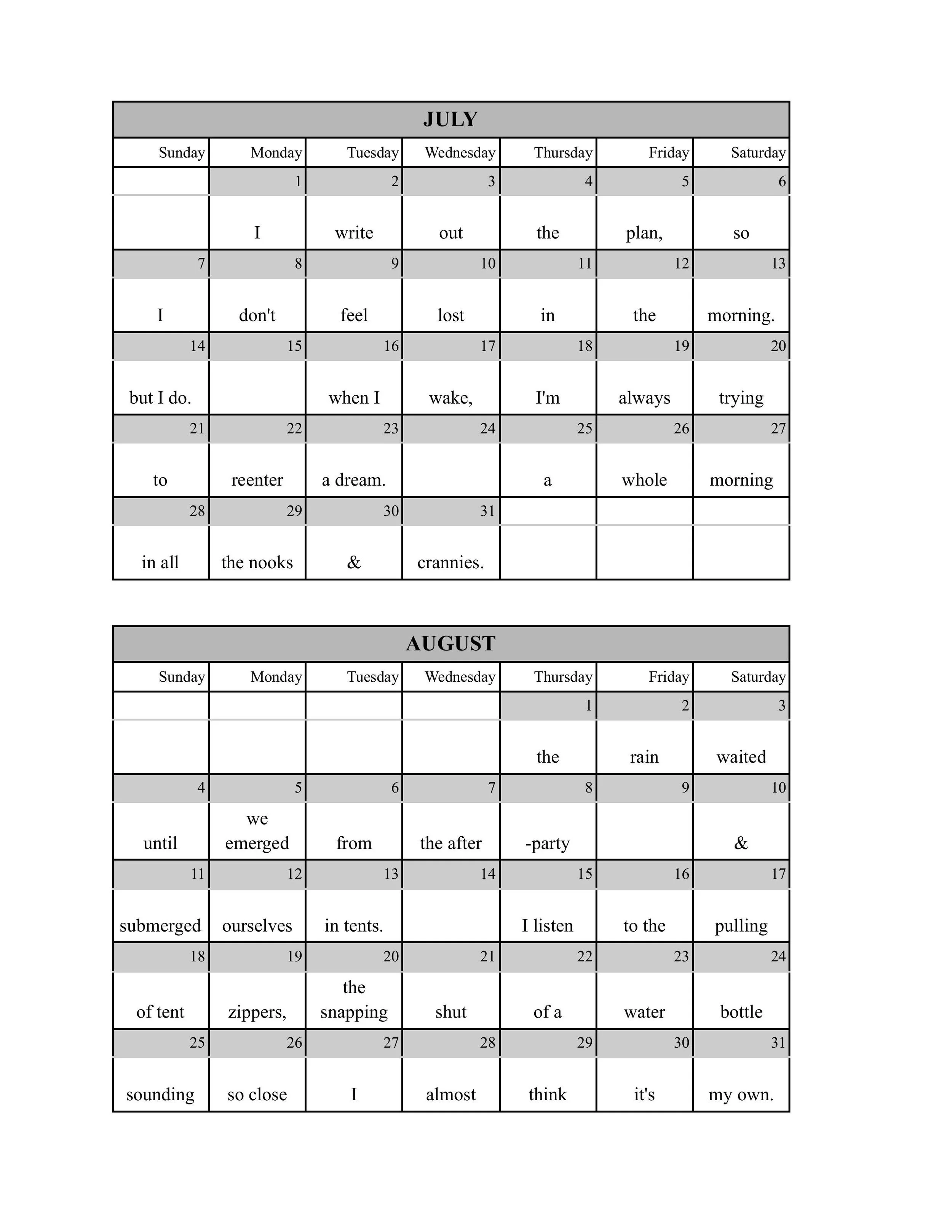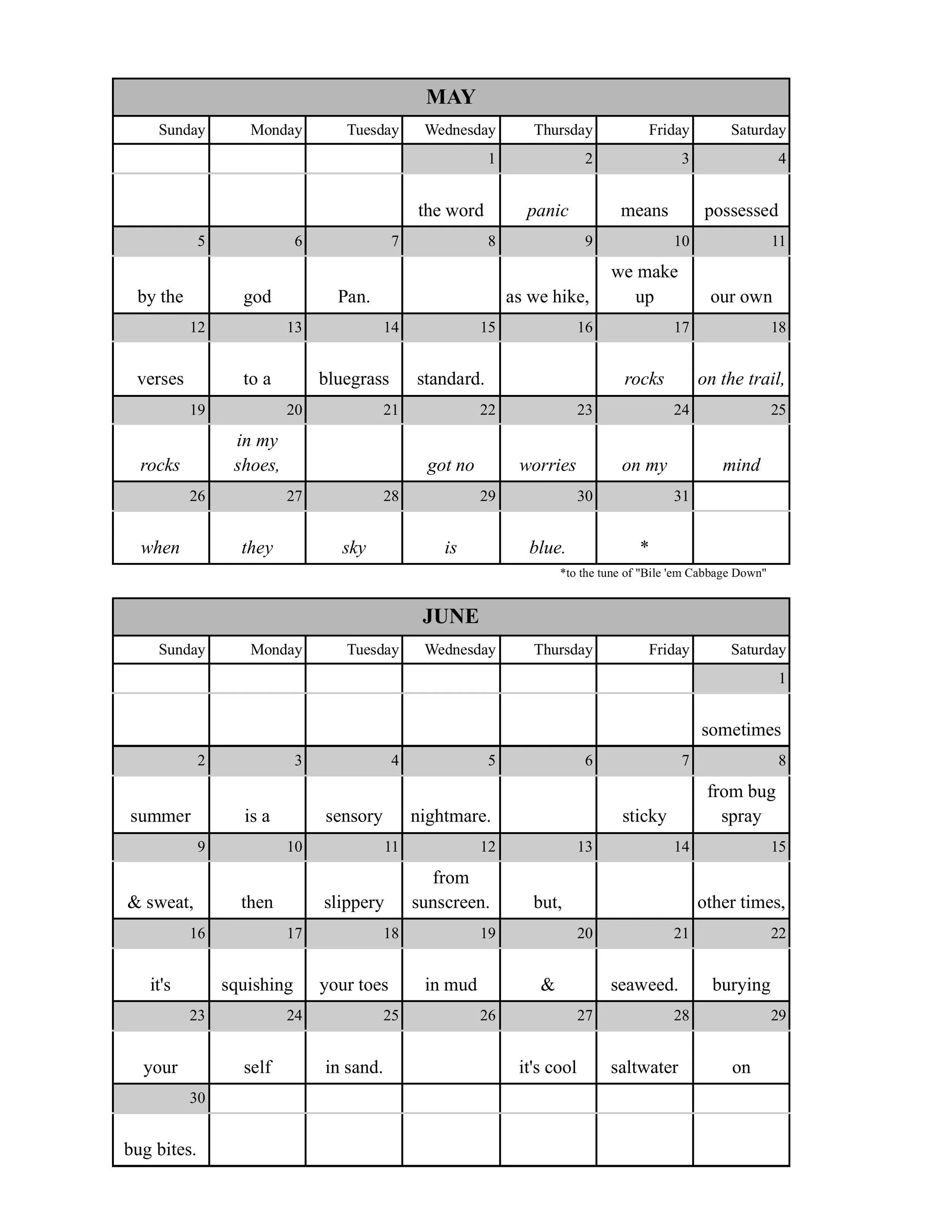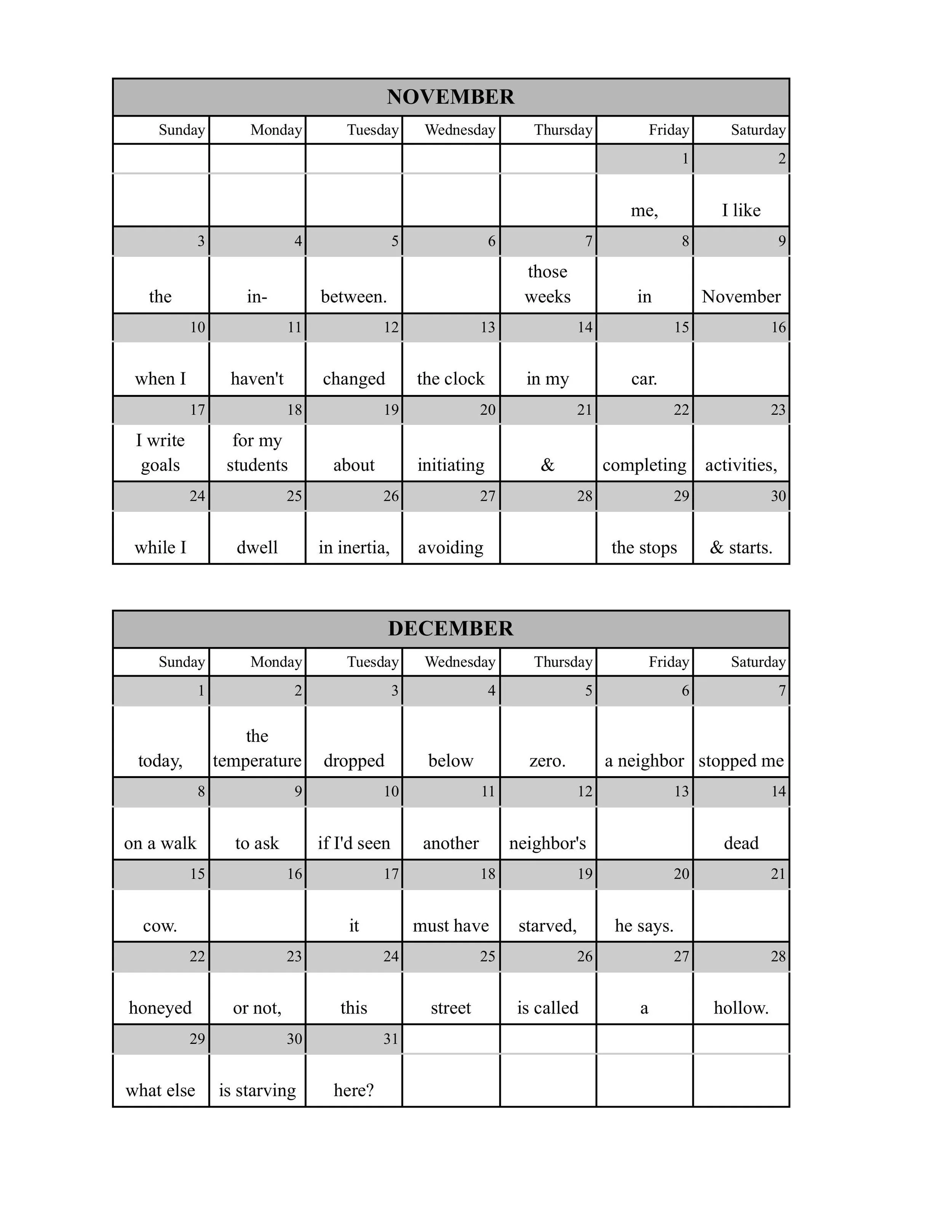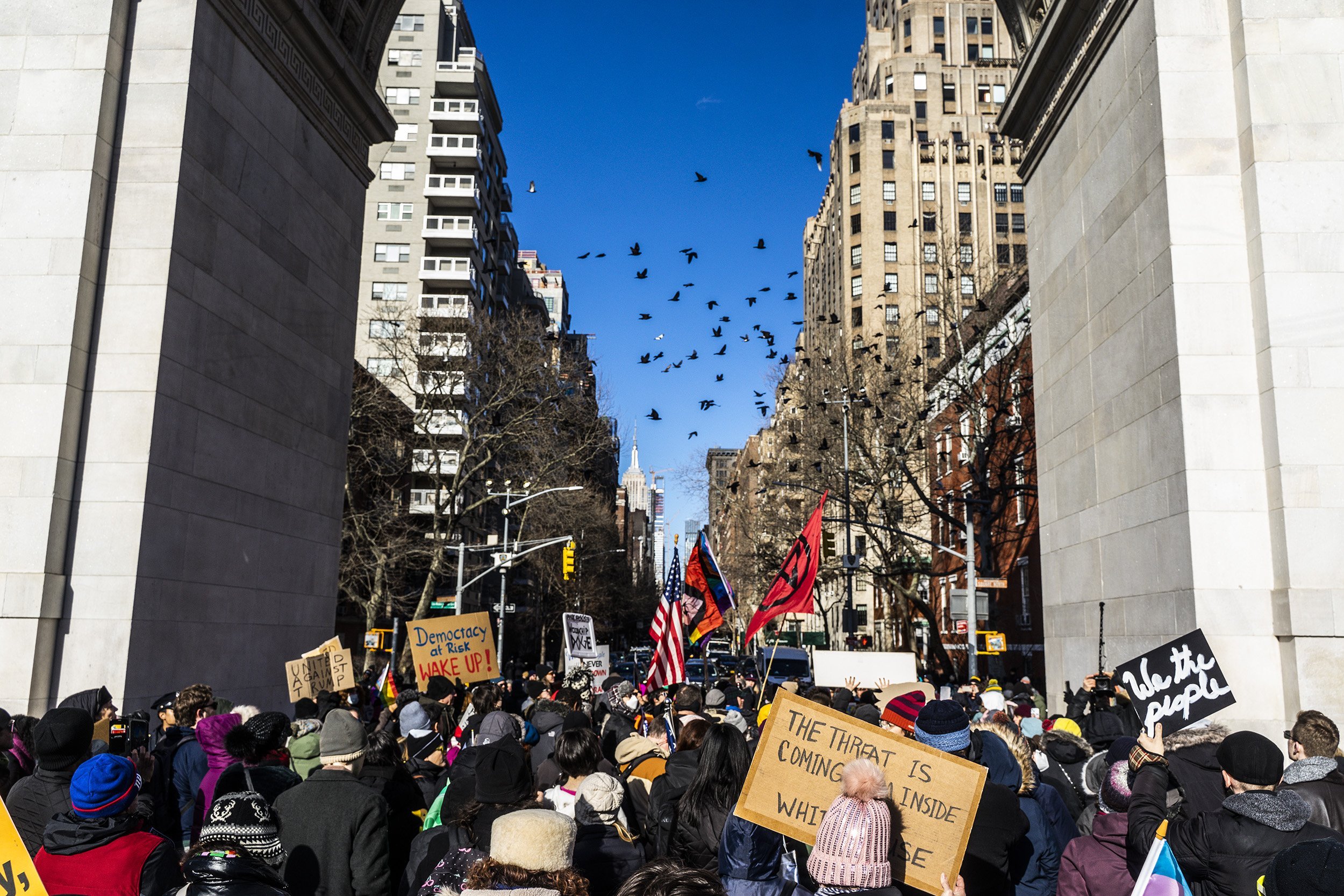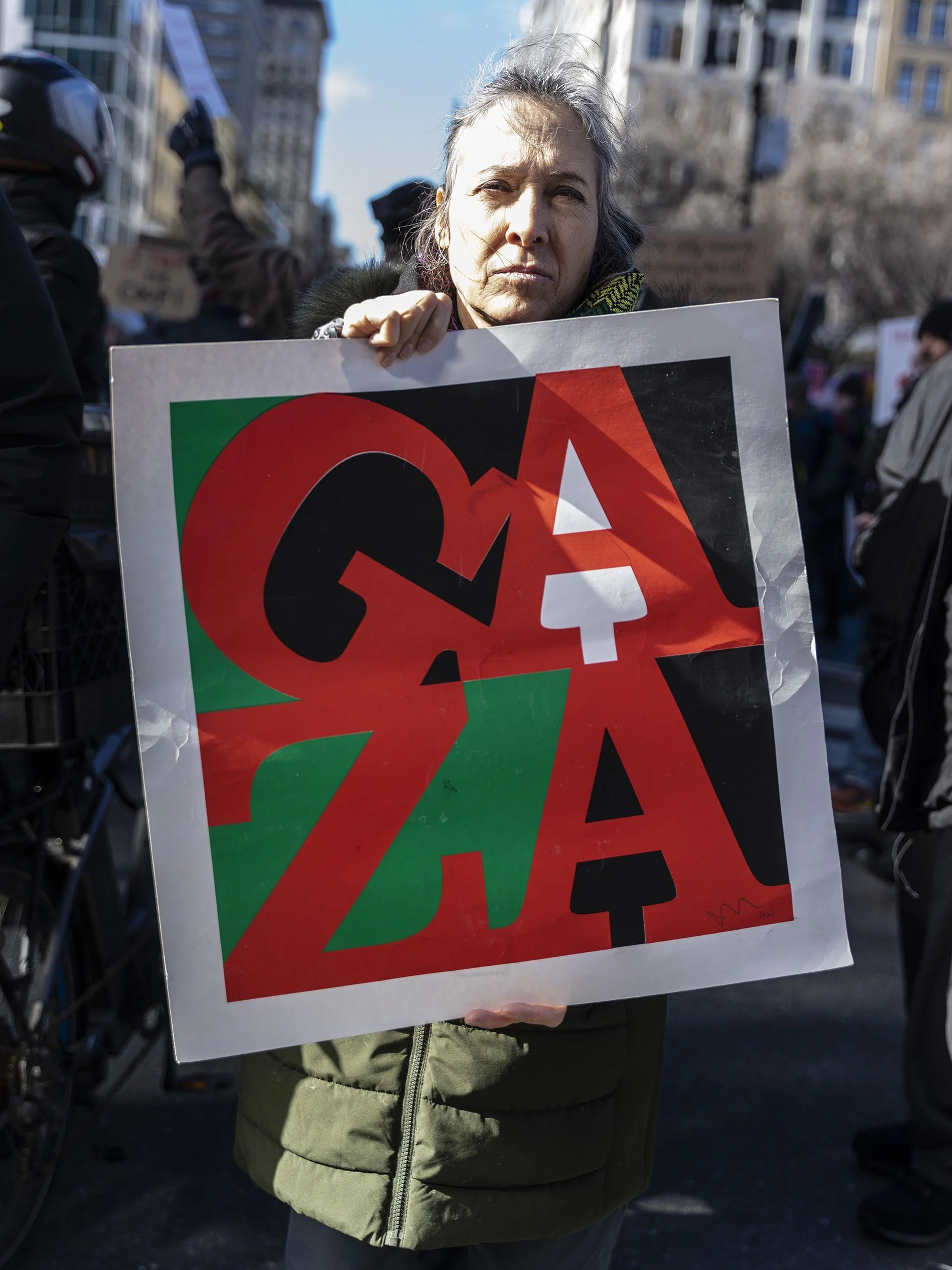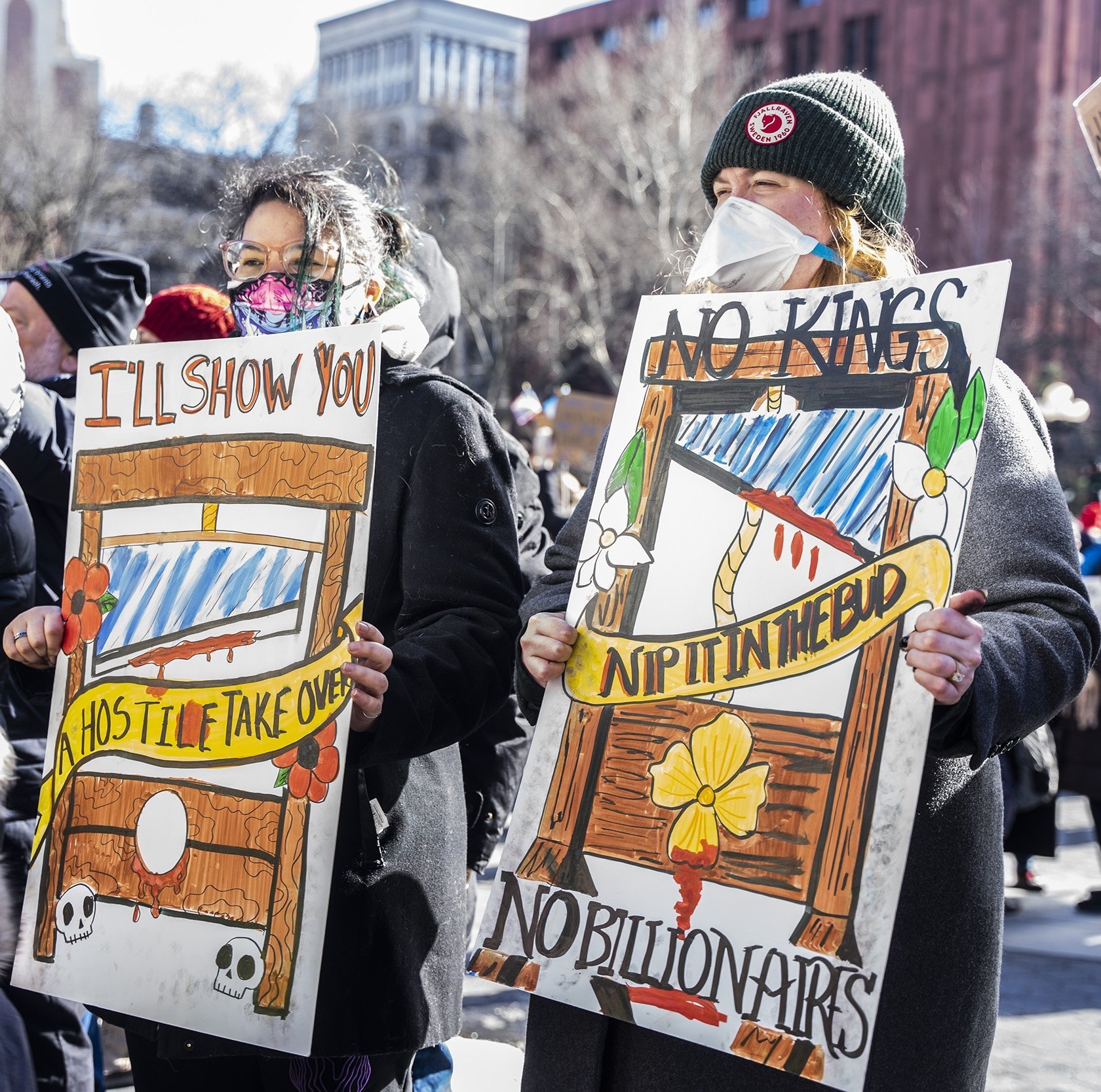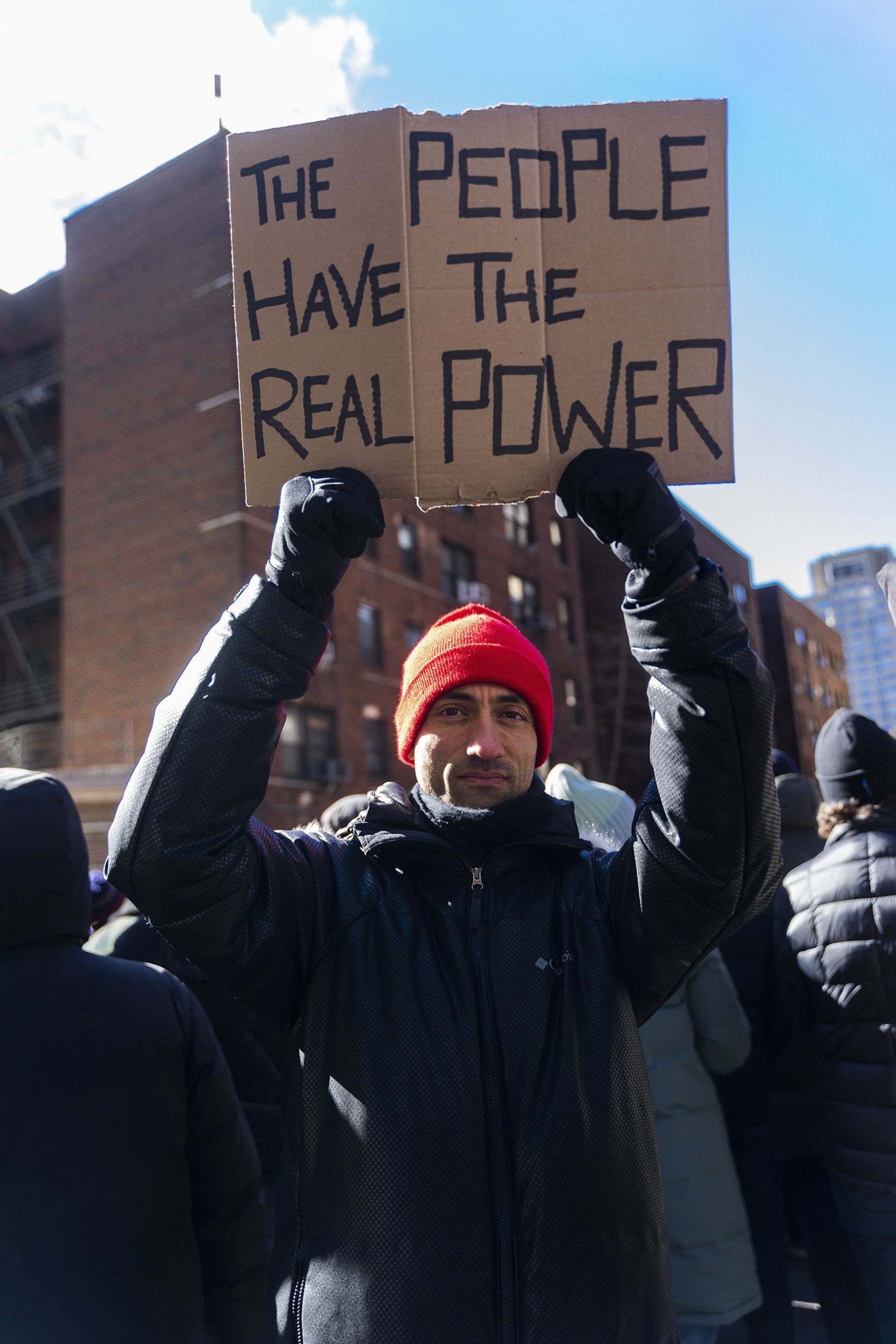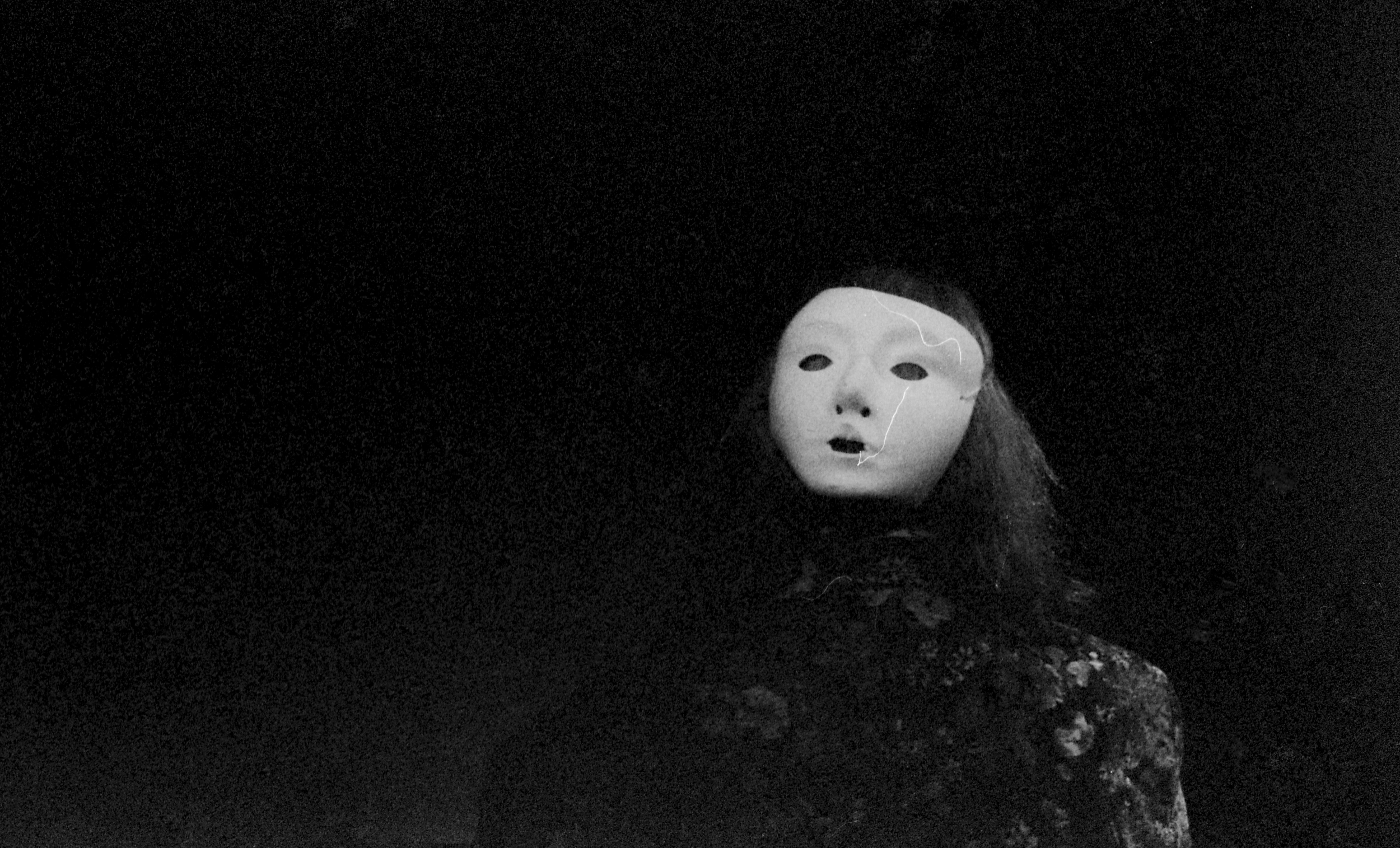
MILK PRESS
Spilt & Split-Open
Cover art by Vivian Weidmann
Masthead
Editors-in-Chief: Leon Barros and Natalee Cruz
Managing Editor: F.M. Papaz
Editorial Directors: Stephanie Berger, Jackie Braje, and Tova Greene
Editors: Lisette Boer, Ayling Zulema Dominguez, Dylan Gilbert, Ananda Naima González, and Haden Riles
Editor’s Note
Dear Readers,
Until next time,
Leon Barros
Natalee Cruz
Editors-in-Chief
Poetry
-
Absence first: raise him
blind under a quilt of cosmos—
canopy his body with fireflies,
demanding a pair of half-paled
eyes and a fantasy
from an unfaithful
god. They’re wary enough of curses and hanging lightning. Still, it’s not
heresy or hell that frightens them.
In a year, the boy will cling to his father’s arm like a
jail bar, waiting to be
killed or
leveraged against the sky. The titles have already been written:
man breathing man; man who transforms; man
named Sacrifice; man vs. post-man. This is the part where they
open the boy like a casket and the emptiness becomes
proof of a ghost. The storm is still
quiet enough for the unwed
rain to be tasted—the
salt of filthy magnolias and
thunder.
Under a different night the boy would’ve been
vindicated long ago, but today he
wears the fingerprints of men and scrawled
X’s on his collarbones. Today they paint him in
yellowed light and feed him to the sun. He becomes
Zenith but the name is brief—swallowed in a vein of the split, soundless sky.
-
Mingyu (明宇) Brian Chan is a high school senior from New York. His work appears or is forthcoming in Split Lip, wildness, The Emerson Review, and more. He is currently a reader for ONLY POEMS. When he’s not writing, you can probably find him in a record store, searching for new vinyl to add to his collection. He’s on Instagram @briantea__.
-
when the moon gets juiced
it’s illegible on earth
where we need cups
and more antioxidants
sparkle burp forward
than our superest
super fruits could ever
dream since no gravity dilutes
these dusts of various hues
that sieve themselves before
each color coagulates
constellation style kept fresh
in her darkening side suspended
guarded from horny olympians
by diligent three-eyed newts
who duskly coat it all decadent
with their chocolate slime -
gotta believe
past lives exist
if you wanna
make this one
bearable with all
its gossiped glass skies
and kept receipts
swallowed whole in
semi-abandoned
totes trying so
hard to move
through
slow motion hell
even our larks are unhappy -
our hammock harbors
no skirted skeeters
despite it always being
dusk adjacent and all limp
dick cigarettes are rescued
from an unbranded tote
not unlike that plastic bag freed
from branches it’s seen cycled
across generations of brake screeches
subdued as a willing L
by hourly church bells
having abolished all police there
bloom hibiscus smoothie lilies
we offer you secondhand
stoned sparrows too
for less lonesome rocking -
on march 10th’s pisces new moon let wicker
once abandoned in some pilsen garage
cradle your aural sensibilities
beyond the neighbor’s tv
music or blurred screams
while no longer pseudo stalking
an affluent insta poet from dallas
whose typewriter has a screen
not unlike that one where
engines taught us to ask
about things with glass doors
we now open toward being full
without need for their help then
smile at chocolate crumb stains
across another cashmere sweater
-
Anneysa Gaille grew up along the banks of Buffalo Bayou in Texas but now lives and teaches in Brooklyn. Her chapbook, No Such Thing As, was published by the Center for the Study of Gender and Sexuality at the University of Chicago. Her first book, Once Upon a Cicada Moon, was recently published by Tender Buttons Press.
-
I hold the tiny thing in my hand, cocoon it in my closed fist. I don’t wait until I’m home to pull off the tab and turn it on. A little egg appears on the screen, shakes, cracks in half and becomes itself. For the first hour he shits every five minutes and beeps loudly if Idon’t play with him. I play with him and feed him bread, not cake, so he’ll grow healthy. That night I can’t sleep, scared that he might need me. Already I neglect myself. It’s fine. I could learn to love a spoon if I gave it a name I could say. I name him Egg, as a placeholder until he evolves. First he is a circle, no more than eight pixels, then slightly larger he grows legs, and finally evolves into a rabbit, the kind you only get by giving perfect care. I can’t imagine calling him anything but Egg. By now I’ve had him for a week. I keep Egg in my breast pocket and imagine my heartbeat synching to his battery’s beep. I call him my son, only half joking. That night I go to a bar and don’t realize until I’m in bed that I don’t know where he is. I call the bar, and the restaurant I had dinner at, and check my bag and every piece of clothing I’ve worn in the past week. I hope that in the morning he will beep to let me know he’s awake and I will find him. The morning comes silently. I ask my friends if this means I will be a bad mother in hope that they’ll praise me for caring at all.
-
María Llona García is a Peruvian poet and translator. She holds an MFA in poetry from The New School. Born in Lima, she currently lives in Brooklyn, where she writes about family, memory, and the plants she can’t seem to keep alive.
-
“Trust your anger. It is a demand for love” -Natalie Diaz
She tried to jump onto the neighbor's balcony
from our apartment on the fourth floor
the night was clear to see
there were many reasons to flee but not to put the blame on him
in the aftermath of a fight over filetes empanadosfrom our apartment on the fourth floor
the night was clear to see
my brother and I were scared and young
in the aftermath of a fight over misplaced shoes
she woke us outcrying and smeared her fury on our facesMy brother and I had no opinion
I believe she believed this illness had ravaged her
air, play, affection, autonomy
and woke us outcrying and smeared her fury on our faces.
Imagine him, ill and alone, I try to imagine him
married to her surrender and tormentI believe she believed enduring lovelessness was her duty
There were many reasons to flee but she cooked and made the beds.
Imagine him, I try to imagine him married to her anger his fear
her fear his silence
his anger her fear
his fear her silence
trying to jump onto the neighbor's balcony, that night from our apartment on the fourth floor
-
Helena Grande is a writer and teaching artist. She is the author of Speech Choke. Her writing has appeared in diSONARE, The Couch and Fictional Journal among others. helena holds an MFA in Creative Writing from The New School and her work has received support from the Netherlands Culture Fund, Amsterdam Fund for the Arts, The New School, and WriteOn NYC. She is currently working on a new book.
-
There’s a flower at the bottom of the sea
and the waves carry its petals to the shore.
Good luck to anyone who walks the sand they litter,
mingling with the pebbles and sea glass.
We’re all wrapped in languages we don’t know –
they pour in through the vents, trapped inside flowers,
tongues raising on vowels,
slipping past the teeth, a gentle c.
No red roses, no thorns, only these
delicate faces perched upon stems once green,
now turned a yellowish-brown, overused
and all the more beautiful for being abused
by the powerful water.
El mar nunca duerme – how hard would it be to just
say? It’s easier than to admit the swelling of your mouth
around these words that open like doors. Like songs,
except the notes change based on the voice.
The whole world changes, and there is no way
to warn them except in your native tongue which no one
wants to pursue, yet tries to learn. Teach it to me now,
they say, but leave after a word. The sea has listened
for a long time now – it remains mute.
It will not teach the secrets that have walked along
its body and its back, not caring that they will be
tossed around the thrashing surface. Look!
It’s going now. The sea is disappearing. El mar se ha ido.
-
Emma Catherine Hoff, currently 12 years old (but age is just a number), is a writer and poet from the Bronx, where she lives with her parents and her cat, Gavroche. She is the Poetry Society's commended Foyle Young Poet of the Year 2023 and 2024. Her poems have appeared in the Rattle Young Poets Anthology, The Louisville Review, The Poetry Society, Ember, and Stone Soup Magazine. Her podcast, Poetry Soup, appears regularly on the Stone Soup website. She is also a member of the Stone Soup editorial board. Her poetry collection, titled An Archeology of the Future, was published in the fall of 2023. It won StoneSoup’s 2022 Book Contest.
-
My friend tells me that he likes the rain & that it is falling proof that we are collectively alive—&
as we stew, fruit flies fed full on this Monday, it becomes the cold, decaying womb where we hide. What
does it mean, do you think, that water unravels into fog? When Achlys stumbles past above us, her
body a fleeing liminality, hit her & run. bite the bullet ‘till your teeth crack & grip the gun. But
I don’t even know if she intends for us to scrape out the light or become it. So I watch & do neither. The
once-warm concrete is a clamped mouth; the white stripes are wounds, before the blood work. Drowned,
the street tightens like leathery sinew stretched over the hips of a drum: the carcass of something. So,
I tell him that I disagree, think things through & of the umbrella forced open in my kitchen, its
iron ribs splayed like the legs of a neutered animal, drained clean of water & shaking. It
seems I think this is a story about loss & unhandled holes when really, it only just chronicles living. Well,
perhaps those two sunken tragedies are more difficult to divorce than I give them credit for. I
swallow them both to breathe, & to die, of course, I joke as we trudge around the corner. But
once New York is dry again, it will be the same maze as before the flood, so why not resent it then? This
bloated conversation is ironic & lame, & I want to know who made me a creature then left, bared
me down to a Metrocard, M Train, & a curse to live Plato’s allegory in a city with no opaque walls. I
am knees-deep in walnut shells of asinine glory, & the imposition that we are less flammable is small. I
mean, it has no bearing on the vicious taste of the honeysuckles we will dissect next season. So
in the meantime, find another wandering wild boar to sate & maybe throw a boat to herd me in, just
a little something to not fall through while I drink the rain which is really just the space between us, &
perhaps a wall ornament to boot, some sand-faced Medusa, to make me seem dangerous & less afraid
-
Kassidy Khuu is a sophomore attending high school in NYC. Her work, which primarily focuses on identity and human connection, has been previously recognized by The New York Times, the CCNY Annual High School Poetry Contest, The Alliance for Young Artists & Writers, and more.
-
After Sappho & Anne Carson
[It is mid-autumn. So the crescent coils into
a ball of entangled arteries/veins. At the dinner table
we feast on boiled pig livers & chicken] heart1 [s.
Men spit wisdom into the ashtray. Talk revolution
& war & chew the lotus seed filling with their mouths open.
Let gunpowder burst from the dark cavern where
their fathers hid & their fathers’ fathers smoked opium
for winters until family is surrendered
for rice & war waxed into a unit in time.
The women trust time & ] absolutely
[nothing else. For like the moon, we bleed
& blossom until the sun sags our bosoms
with his accomplice: In America,
they call him Gravity/John/ Thomas
& they call us Communists.
For as early as] I can [remember.
Pain in my culture is shared. The geometry of
the dinner table ties scattered dots
into a rope. Like sisters & brothers we drink
to the way our monolids wane in union,
falling victim to our mothers’ jester/
syllables of a foreign tongue.
To understand] would be for me [winning
a lottery & catching the last train to New York City
before the blizzard hits. Flushing is lit
on fire] to shine in answer [to
our ancestors– on the other side
of the moon/ war. Gaping] faces [match wit
with craters/bombshells fit the mold
used to sculpt mooncakes & fold lanterns.] [Out of
round circles] having been strained [by massacres/
hate that grew taller than Maple trees & stains of
red which we call home.]
1. unbracketed fragments cites Sappho’s fragment 4, translated by Anne Carson -
After Catallus
Suppose the sparrow is dead/
dying/limping in the park
between your legs before
molting its chipped wings, shrinking
into a vase depraved of soil &
sunlight that rains. Suppose over time the mouth
of the vase grows into a worn out valley
until its walls erode & clay shreds
into paper flakes. Now, the flower is bitter
& naked. Winter’s breathiness attacks her
until she wilts, slips off her petals
as if they, when stitched together, bloom
into a satin nightgown. Let her roots spin,
stir Let Nothing be the witness
of their demise. Let her give
the sparrow a hundred kisses
& a thousand more, until hate finds its
solace in passion. For what is hatred
but love stuck in a bottomless pit
of dirty laundry & love buried/
dying/ lining up for cremation.
They are the same man & it is the same river
-
Angel ZiXuan Xin is a poet born and raised in Shanghai, China. Her works are featured/forthcoming in the Eunoia Review, The Roanoke Review, and the Lit, where she now serves as Poetry Editor. She is recognized by the Scholastic Writing Awards & The Roanoke College.
Visual Art
-
Roger Camp is the author of three photography books including the award winning Butterflies in Flight, Thames & Hudson, 2002. His documentary photography has been awarded the prestigious Leica Medal of Excellence. His work has appeared in numerous journals including The New England Review, American Chordata and the New York Quarterly. He is represented by the Robin Rice Gallery, NY.
Work
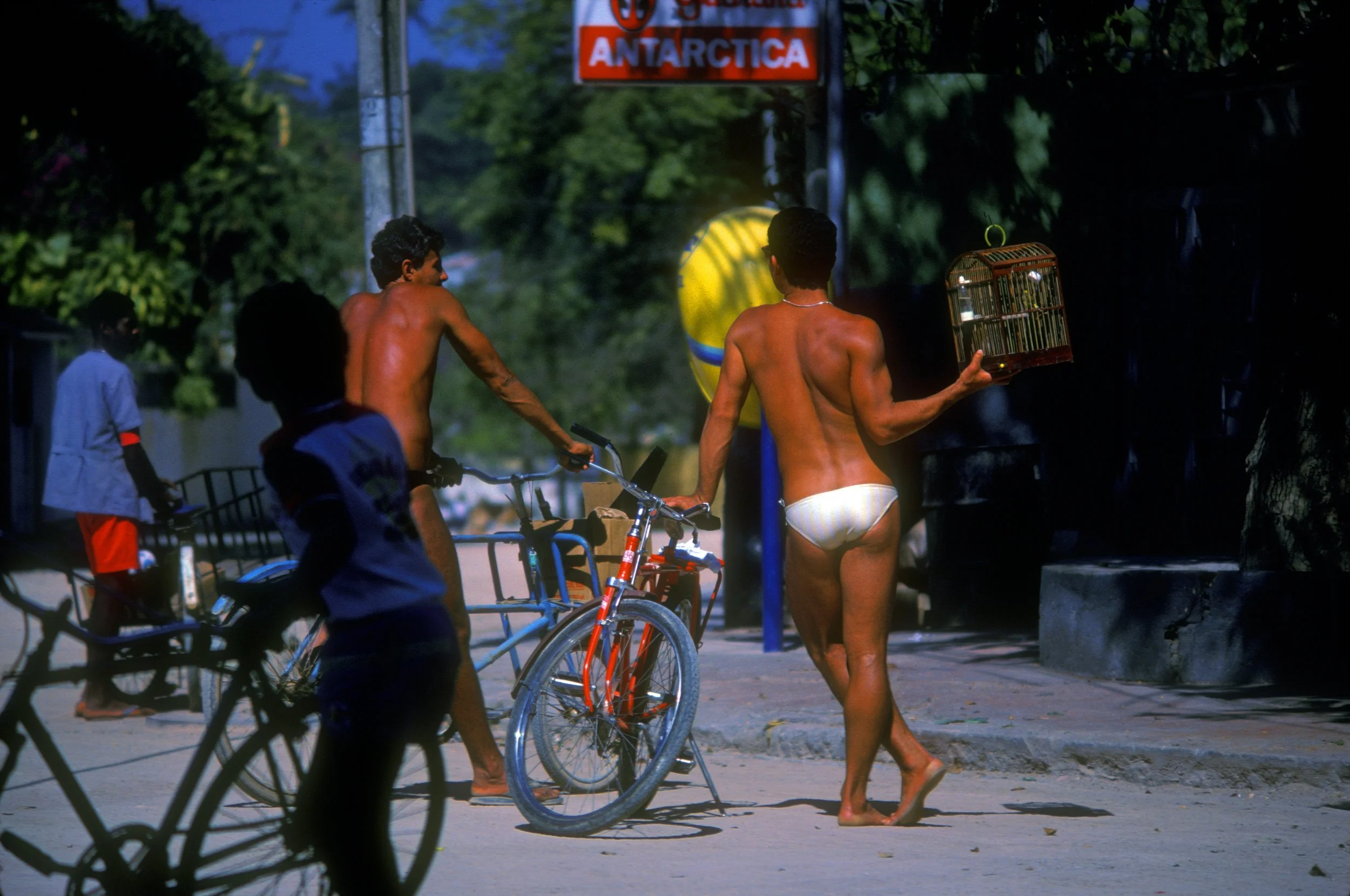
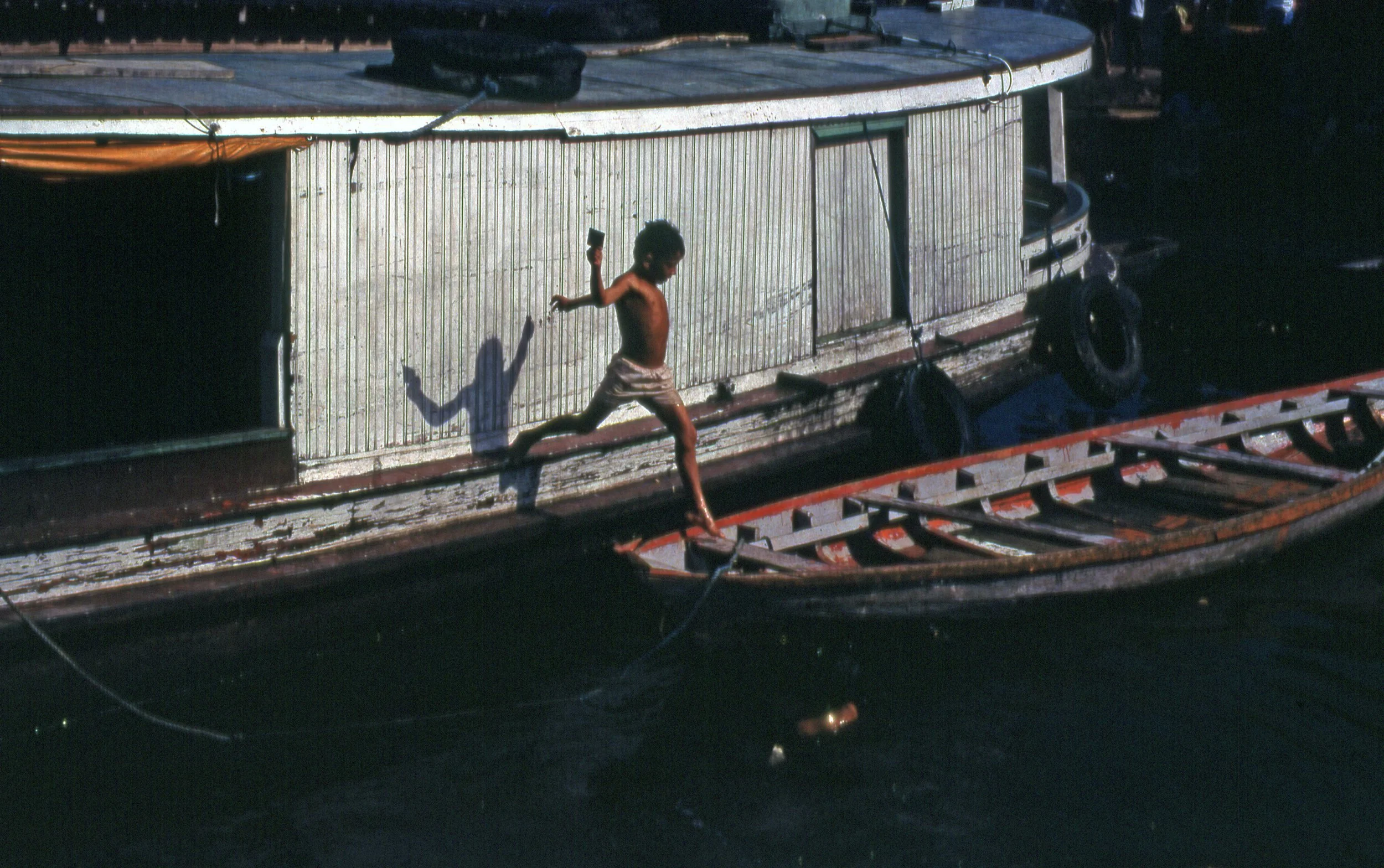
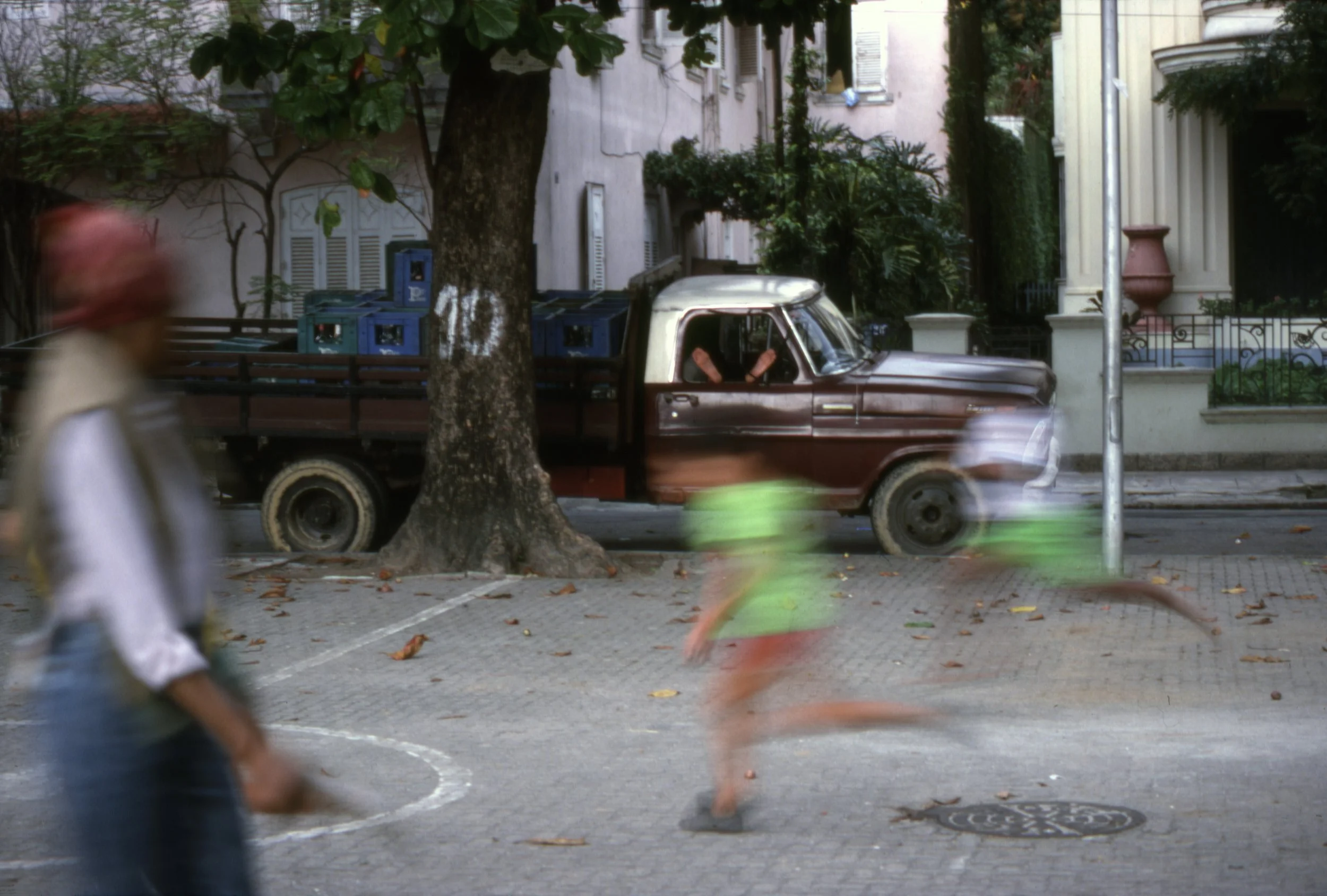
-
Robin Crookall’s work is a blend of sculpture and photography. With a collage of elements, she creates scenes consisting of part fact and part aspect, resulting in uncanny images of small scale architecture models. Crookall received her MFA from New York University and completed her BFA at the University of Washington. In 2024 Crookall completed an exhibition at Catskills Art Space in Livingston Manor, NY, a residency at Light Work in Syracuse, NY, a Fellowship at Lighthouse Works on Fishers Island, NY, and a solo show at Morris Adjmi Architects, in NY. Crookall is a 2021 finalist in The Print Centers, 95th Annual International Competition. In April 2021 she had a solo exhibition at Real Art Ways in Hartford CT. Fall 2020 she completed a residency and solo exhibition at Penumbra Foundation. Crookall is a 2019 NYSCA/NYFA Artist Fellow in photography from The New York Foundation for the Arts. Crookall has participated in group exhibitions at Field Projects in New York, Candela Gallery in Virginia, Art Basel in Miami, Headlands Center for the Arts in San Francisco, Gallery 4Culture in Seattle, and Friesen Gallery in Seattle. Publications featuring her work include Artsin Square (2022), Musée Magazine (2021), Vast Magazine (2021), Real Art Ways Zine (2021), Indiefoto (2016), and The Seattle Times (2012). Crookall currently lives and works in Brooklyn, NY.
Work
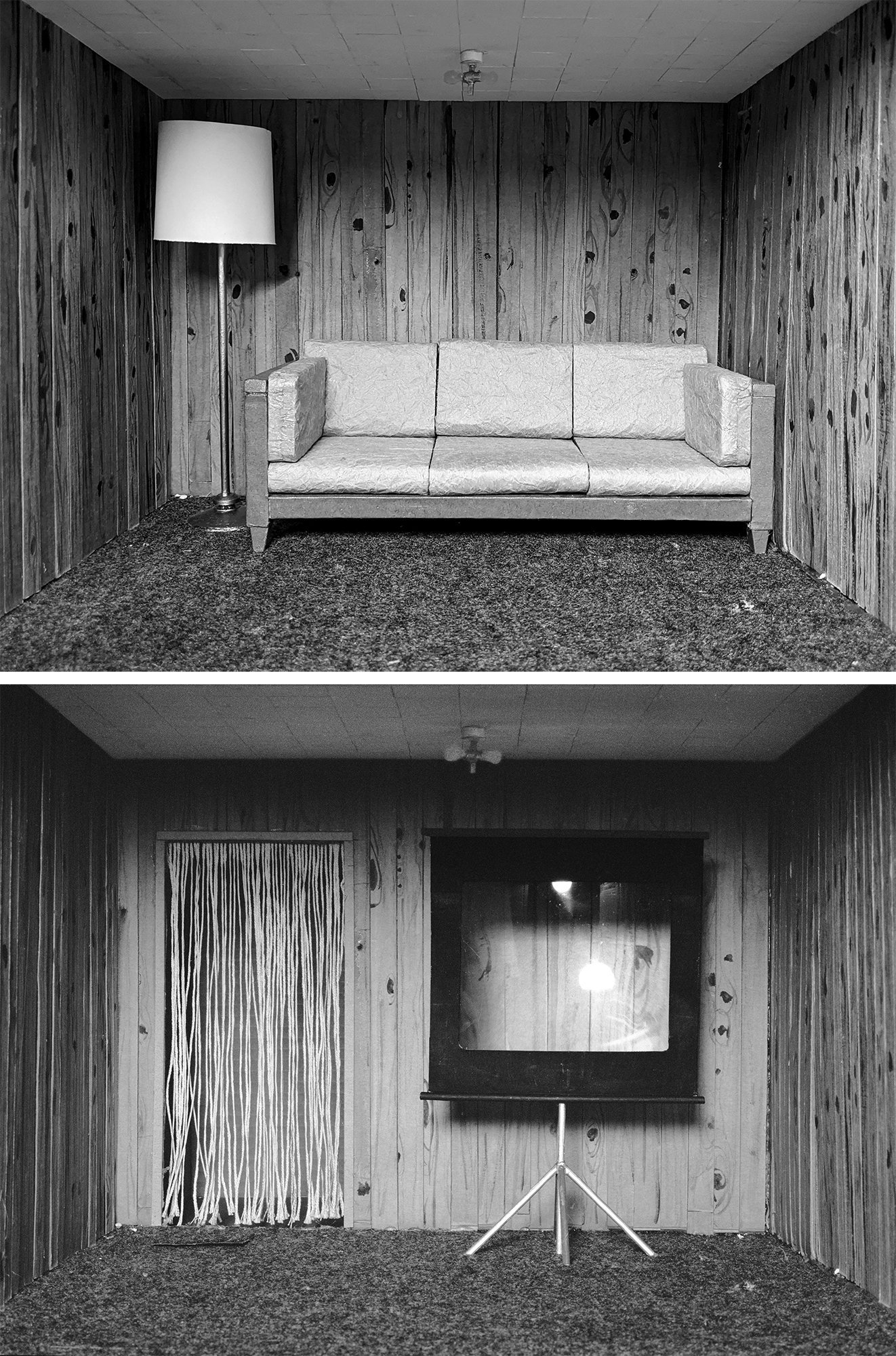
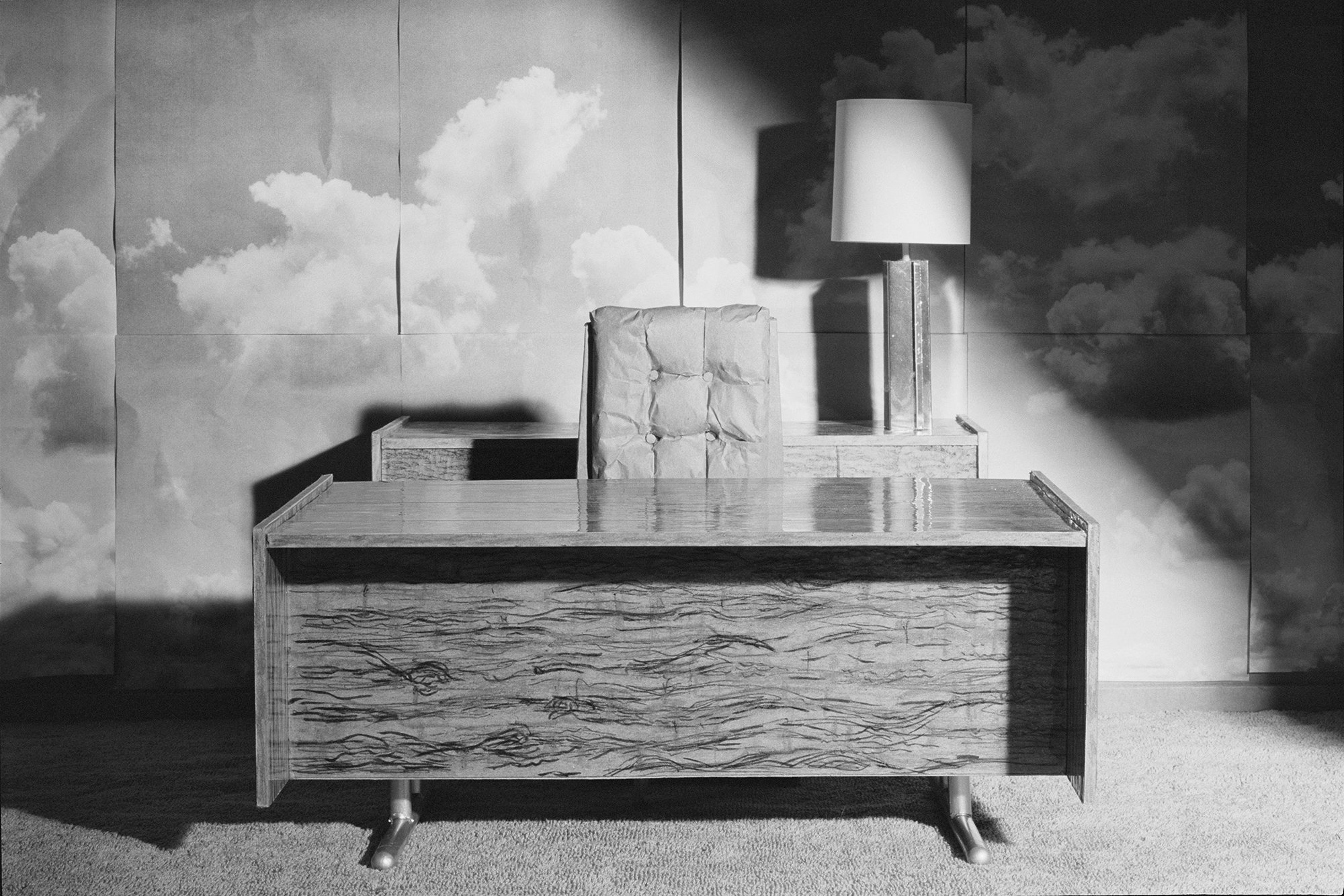

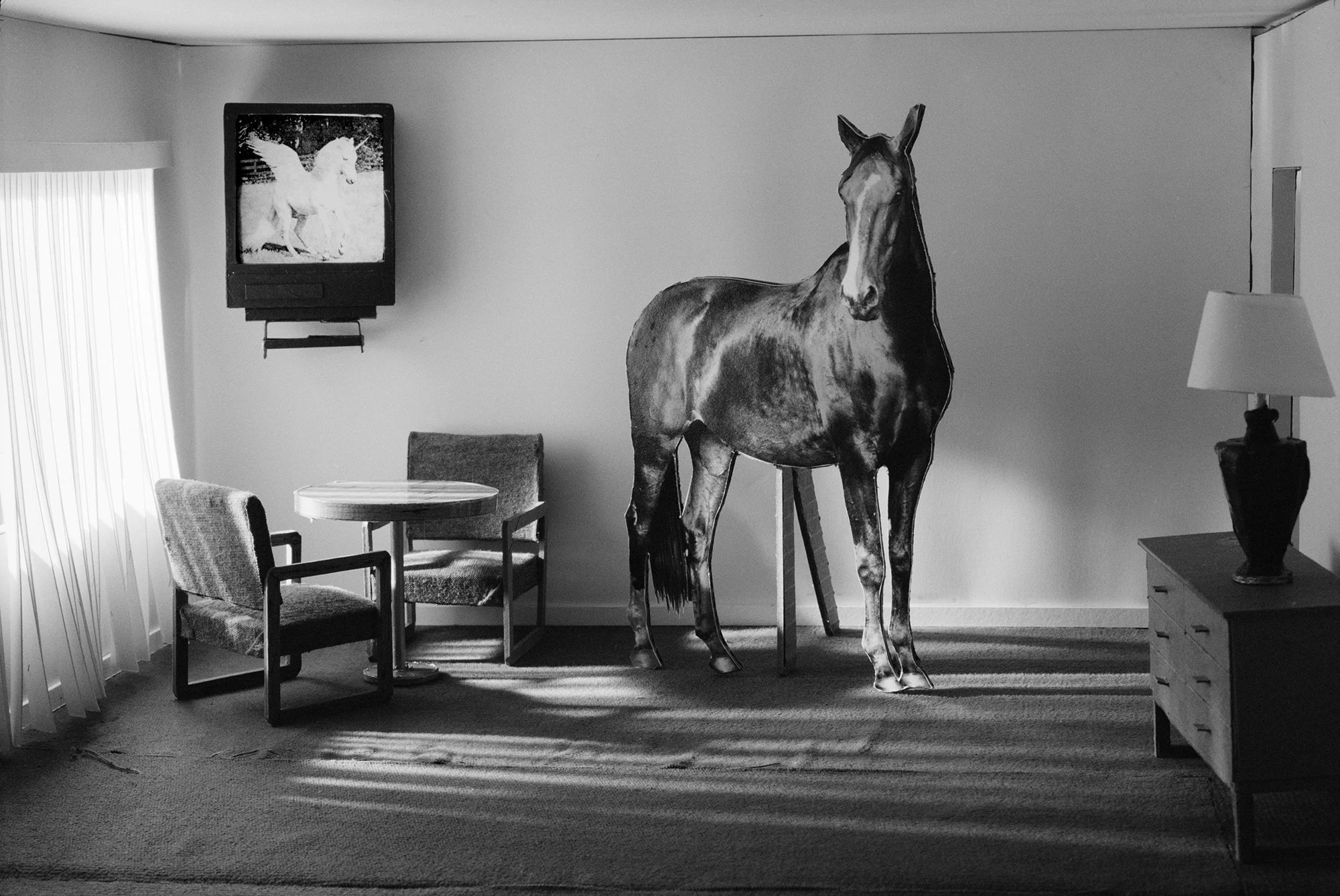
-
Sara Iacovelli is a poet and a preschool teacher based in upstate NY. She is the recipient of the 2024 Dawn Prize for Poetry and a finalist for the 2025 Driftwood Press In-House Poetry Contest. Her work has appeared in Pine Hills Review, *82 Review, Prairie Home Magazine, and others.
Work
Annual Review
-
Christopher Lucka is a photographer, poet, and Neurodiversity advocate based in Queens.
Work
NO KING’s ON PRESIDENT’s DAY
-
Originally, from New York, Irene Nelson has spent most of her adult life living in the San Francisco Bay Area. Her work is an osmosis of the influence of the New York Abstract artist attitude and the sensibility of light in the Bay Area landscape.
Work
-
Teresa Ortega (they/them) is a photographer based in Brooklyn. Their influences come from (ir)reality, and their technique is inspired by a mixture of analog-traditional and digital-futurism.
Work
ANGEL’S BATTLE
-
Marcus Stokes is a rapper, poet, and actor out of Westchester NY. 3x Nuyorican Slam Champ, January 2025 Nuyorican Final Friday slam champ, Bric February slam champ, as well as winner of numerous other slams all over the city. Blending all different elements of his artistry into his poetry, he creates unique pieces of expression dealing with themes of spirituality, mental health, love, grief and heartbreak. A "writer's writer", whose voice and storytelling as well as experience on stage make every performance a moving one. their bio
Work
Bloodletting
-
So If you're best friend is [Redacted]
And you grew up with [Redacted] [Redacted] [Redacted]
Then how come you ain't end up gang banging with them
Ok
So 2 things
1. I was a good kid
2. I'm not quite mentally stable
See what would of happened is
Either i would of joined the gang
But not been able to properly put in pain
Be violently valuable
Or I'd of been the most volatile Villian
The belligerent bar
Aye man Yall doing a lot of fighting with fist
Why don't we start firing arms
Make them shoulder
the brunt of my trigger finger
Red handed
Paint then town red
Red dead redemption
Show em how my cowboys
Be bop
If we throwing up big B's
Let's batter bash break hearts of mothers
Too hot headed and hurried trying to mimic what i saw on TV might of arrested our development
Maybe when the time is thrown in front of me I'm not as tough as I thought, maybe I'd tell
Maybe reflect a rat
Irredeemable
Reputation Irreparably damaged
So i stopped at the red light
Put my car in park insteada ride
For the set
or Seth
The Egyptian God murdered his brother Osiris or Ausar
And thousands of years later the set still murdering his brother the mythology plays on
Cain kills abel (able)
Bodied brothers everyday
We drilling shit but not building shit
Villian shit
Killing shit but not militant against who our villain is
Spilling shit oh my God
But not remembering Wayne said there's no ceilings just
Remembering wayne said su woo if you banging
Gang
hanging with the homies
Like we wasn't hangin from them folks trees
U wanna smoke me but revolt please
Maybe if Diddy did it u wouldIf puffy passed u a backwood would you puff pass or would you pass?
Not now i mean like when you was a boy
was you bad?
Would you take a big drag if you was given 1 more chance?
Cus i seen kids who was not g
Scream g-unot when Game and 50 beefed
And that was the first time they ever heard of Blackwallstreet
See I'm a fan of listening to gangsta music aye
But I've seen the Lox (locks) put on the byrd gang and Id prefer we fly higher than that
My era of hip hop fostered a different kind of B boy
No cardboard when they spin
My gen don't pop n lock
They locked in gen pop
When i thought
Of banging
Nothing i could say but no
If i caught a body
I...I I couldn't let it go
I'm not good with guilt, grief, or graveyards shifts
I don't wanna put in work
I've hurt
Ive felt loss
I don't wanna cause
I don't wanna war
With mine
Inside
Ones already going on
While they fought
Dem
on
blocksI fought
demons
LotsGovernment plots
Psyops
False flags from the red white and blue
Funny how often those 2 outer hues fued
You know I'd bet the middle one
thinks it's pretty funny too
-
In stark black and white, Vivian Weidmann captures not merely images but the electric pulse of moments suspended between constraint and liberation. Her eye traverses borderlands—where the sacred confronts the profane, where vulnerability transforms into power, where chains become both bondage and adornment.
Weidmann's high-contrast visual poetry speaks through recurring motifs: sinuous snakes against concrete, delicate flowers amid barbed wire, bodies confined yet defiant. Each frame holds a tension that refuses resolution, inviting us into uncomfortable intimacy with that which society often relegates to shadow.
Her photographs are not passive documents but active provocations—visual koans that move through subcultural spaces with the quiet subversion of forbidden knowledge, challenging viewers to recognize their own complicity in systems of looking and desiring.
Through her unflinching yet deeply empathetic gaze, Weidmann doesn't simply show us the world's edges; she invites us to feel their jagged texture against our skin, challenging us to confront our own relationship with darkness, desire, and the fragile boundaries we construct between ourselves and the forbidden.


